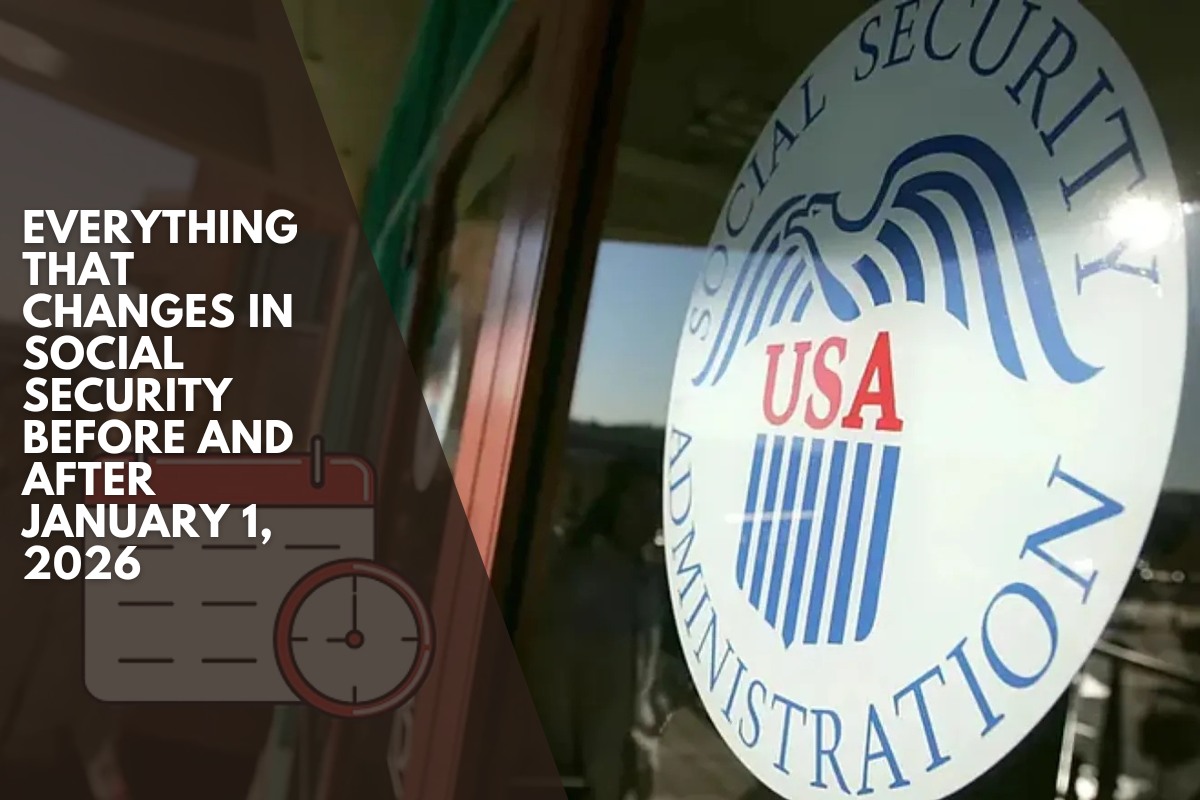As the Social Security Administration (SSA) implements a series of significant changes, retirees and those nearing retirement are urged to pay close attention.
According to recent statements from the agency’s leadership, significant changes affecting benefit delivery, tax relief, identity verification, and customer service are imminent, with some taking effect immediately.
Leland Dudek, the Acting Commissioner of the Social Security Administration, has proposed several reforms aimed at modernizing operations, reducing fraud, and improving how the agency serves millions of Americans who rely on monthly payments for retirement, disability, and survivors’ benefits.
The most significant changes include changes to identity verification procedures, how beneficiaries receive payments, and gains from tax relief legislation.
What’s changing, major areas to note
Identity verification requirements: Beginning this year, the Social Security Administration will tighten the rules governing how recipients must verify their identities. Applicants who cannot verify their identity using the “my Social Security” online system may be required to visit SSA field offices in person. Telephone identity verification is being phased out in many cases, with the exception of extreme cases such as terminal illness or pre-release incarceration. Applications for SSDI, SSI, and Medicare are exempt from the in-person verification requirement.
Field office and workforce shifts: The Social Security Administration is restructuring its operations. Teleworking policies have been revised, with non-essential employees asked to return to the office, and many support positions reallocated or offered early retirement/separation. The agency insists that no field offices will be permanently closed, though some have been temporarily closed due to facility or weather issues.
Reduction of tax burdens for many retirees: Many retirees will have their tax burdens reduced thanks to the recently passed “One Big, Beautiful Bill,” which eliminates the need for nearly 90% of Social Security recipients to pay federal income taxes on their benefits. This reflects an increased deduction for taxpayers age 65 and up, allowing retirees to keep more of their earned income.
Speeding up processing and payments: The Social Security Administration is automating more steps in the processing of benefit adjustments and retroactive payments. For example, laws repealing the Windfall Elimination Provision (WEP) and the Government Pension Offset (GPO) will result in higher payments for many public pension recipients. The Agency expects to update all beneficiary records with the new amounts by early November 2025.
Reactions, Concerns, and What Retirees Should Do Now
While many retirees are pleased with these changes, some advocacy groups and beneficiaries are concerned about how quickly certain policies are implemented.
Key concerns include whether in-person verification will impose travel or access barriers, particularly for those living in rural areas or with mobility issues.
There are also concerns that staff reductions will result in delays in customer service or disruptions in local offices.
Leland Dudek admits that “much work remains to be done” as the SSA works to restore trust and improve service.
He emphasizes that these reforms are not intended to reduce benefits, but rather “to transform how it serves the public while protecting hardworking American taxpayers.”
What retirees should do
Review verification options: If you anticipate needing to verify identity, check whether you’re able to use the online tools before having to visit a field office.
Keep informed about your benefit adjustments: If you receive a public pension or are affected by WEP or GPO, check SSA notices or your SSA-online account to track when retroactive payments or higher monthly amounts will arrive.
Understand tax changes: If you are aged 65 or over, or are nearing that age, see how the new deduction works in your state and under federal law.
Reach out proactively: Because of staff reorganizations and changes in how SSA handles customer service, plan ahead for possible delays by starting any applications, corrections, or requests earlier than you might usually.
These reforms represent some of the most significant in recent years for the SSA.
Though many of the changes are intended to improve efficiency and fairness, their success will be determined by clear communication, smooth execution, and accommodations for those who may face access or technological barriers.
In the coming months, retirees will need to pay close attention to SSA announcements and keep their records organized.












